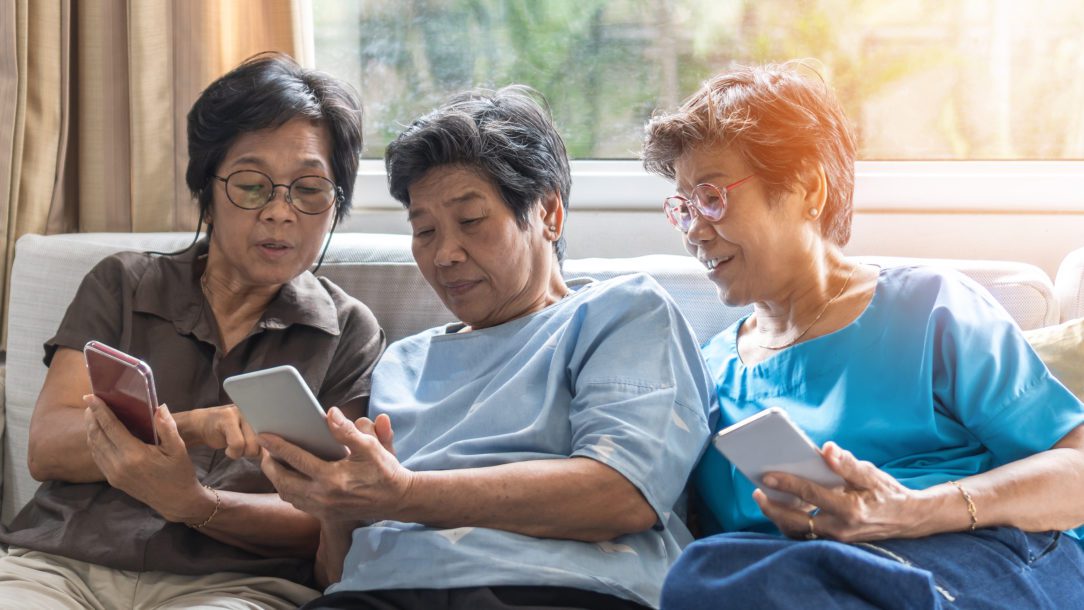Earlier this week, the state of Georgia announced a guaranteed income program aimed at helping black women. In Her Hands, the program was inspired by a quote from Dr. Martin Luther King Jr- “The dignity of the individual will flourish when the decisions concerning his life are in his own hands.”
Guaranteed Income
It will be the most extensive guaranteed income program in the south to date; 650 individuals in Atlanta’s historic Old 4th Ward will be receiving $850 in cash, per month, for two years. The program’s goal is to help Black women combat economic insecurity and financial instability and acknowledge how financial hardship affects individuals, their families, and communities at large.
The Georgia Budget & Policy Institute study notes that Black women are twice as likely to live in poverty compared to white women. The program is informed by the Old 4th Ward Economic Security Task Force, and all participants were invited to participate based on specific characteristics determined by the organizers.
This program embodies action informed by disaggregated data and will hopefully lead to more initiatives to support other marginalized groups.
Asians and Poverty
One can be found within a “seemingly unlikely” demographic group- Asian Americans.
Poor and working-class Asian Americans slip through the cracks, often resulting from harmful stereotypes such as the model minority myth, which fuels the misconception that Asian Americans are all highly educated, wealthy, and successful.
An article published in 2021 by public health researchers suggests- “structural racism manifests as a historical and continued invisibility of Asian Americans, whose experiences of disparities and diverse needs are omitted in research, data, and policy.”
The Covid-19 pandemic, which caused an uptick in hate crimes targeted towards Asian Americans, has also caused great economic hardship, especially to those without a college education.
Forgotten Seniors
Older Asian Americans aged 65 and above are an often forgotten subpopulation. According to a 2019 survey on older Americans, around 11.7% of Asian Americans live below the federal poverty line.
Additionally, language and cultural barriers often prevent Asian Americans from fully accessing the assistance or benefits available to them.
It is important to note that this is not meant to take from the overdue assistance to Black women provided by In Her Hands but to assert that similar targeted and informed approaches can help other marginalized women.
Be well,
Himaja


